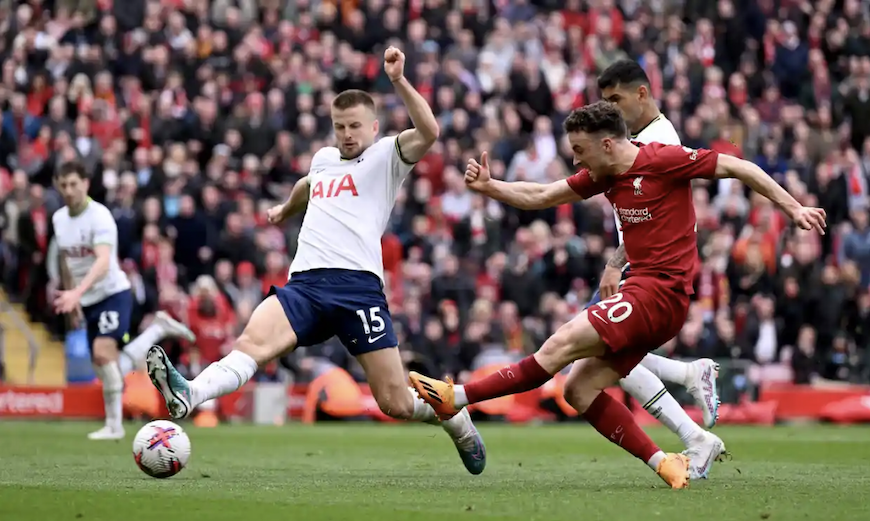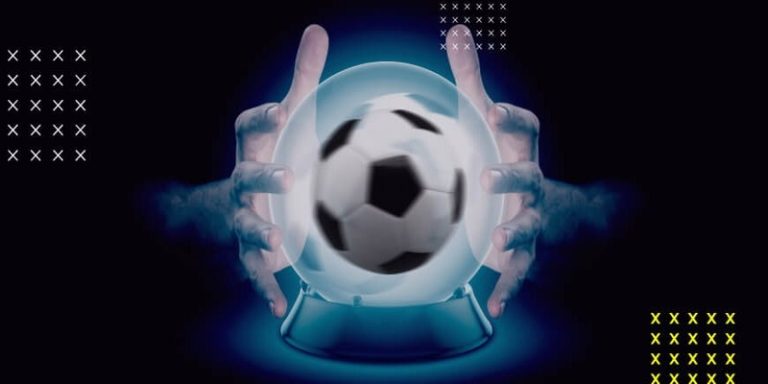When you look at a set of odds — the tỷ lệ cá cược — it seems simple. Numbers. Multipliers. Payouts. But beneath those figures lies something far more powerful than math: psychology.
Betting odds are not just tools for calculation — they are instruments of influence. Bookmakers craft them not only to reflect probability, but to guide your emotions, manipulate your perceptions, and shape the way you bet — often without you noticing.
In this article, we’ll explore how tỷ lệ cá cược is designed to influence behavior, trigger bias, and create “traps” that even experienced bettors fall into. If you want to bet smarter, this psychological angle is a weapon you cannot afford to ignore.
Odds Are Not Neutral — They Are Engineered
Let’s start with a bold but true statement: bookmakers don’t just predict outcomes — they predict human behavior.
They know:
- Which teams people irrationally love
- How people react to high vs. low odds
- When public sentiment overrides logic
So when you see:
- Barcelona at 1.40 vs. a mid-table team
- A draw priced at 5.00
- The underdog at 7.50
You’re not just seeing math. You’re seeing a psychological layout that exploits tendencies like:
- Loss aversion (fear of missing out)
- Overconfidence bias (believing you know more than you do)
- The gambler’s fallacy (thinking patterns must “correct themselves”)
Bookmakers know these patterns and build tỷ lệ cá cược to subtly push you toward certain decisions.
The Low-Odds Comfort Trap
Have you ever looked at odds like 1.25 or 1.35 and thought:
“It’s low, but it’s safe. Let me combine a few in a parlay to boost the payout.”
This is one of the most common psychological traps in betting.
Low odds create a false sense of security. We assume that the lower the odds, the more “certain” the outcome. But this isn’t how real-world probabilities work.
In football, even a team priced at 1.25 has a statistical risk of failing — and when you combine multiple “safe” bets into a parlay, your actual chance of winning drops dramatically.
Bookmakers design these odds to play into your desire for control and predictability, even when betting is fundamentally uncertain.
The Seduction of Big Payouts
Now flip the coin.
When you see an underdog at 6.50 or 9.00, your reaction might be:
“That’s crazy. But if they pull it off…”
This taps into a different psychological lever: greed and hope.
High odds trigger your imagination. They create scenarios where a small bet becomes a big win — and that’s addictive. Even though the real-world probability might be 10%, our brains overestimate the “what if” factor.
This is where tỷ lệ cá cược becomes a mirror of our emotional vulnerabilities.
Herd Mentality and Market Movement
Let’s say you notice that odds for Team A dropped from 2.10 to 1.75 in just a few hours. Without thinking, many bettors will say:
“Something’s happening — I should follow the money.”
This is called herd behavior. It’s the belief that if enough people are doing something, they must be right.
Bookmakers understand this and sometimes intentionally shift odds to trigger betting waves — not based on new data, but to balance their books.
Following sharp money is smart. But blindly reacting to line movements — without context — is dangerous. You’re not just betting on teams anymore. You’re chasing shadows.
Anchoring Effect in Tỷ Lệ Cá Cược
Anchoring is a cognitive bias where the first piece of information you see affects your entire judgment.
Example:
- The opening odds for Team B were 3.20.
- Hours later, it shifts to 2.65.
- You think: “Wow, it must be a lock — let me get in now.”
But here’s the catch: your judgment is based on the “anchor” of 3.20. In reality, 2.65 might still be below fair value, and the line movement might be irrelevant to actual team performance.
Bookmakers use this to make you compare irrationally — thinking something is valuable simply because it used to be higher.
The Illusion of “Beating the Book”
Some bettors feel a rush when they “beat the closing line” — that is, they placed a bet at better odds than what it closed at.
While this is sometimes a sign of good analysis, it’s not a guarantee of value. Odds can shift for reasons that have nothing to do with probabilities — like imbalanced money or false rumors.
Focusing too much on the thrill of timing your bet right can distract you from what matters:
“Is this bet still +EV (positive expected value) right now?”
That’s the only question that matters.
Emotional Betting vs. Logical Betting
Most bad bets are emotional:
- Betting on your favorite team, even when they’re in bad form
- Doubling down after a loss to “get it back”
- Ignoring stats because you “have a feeling”
Tỷ lệ cá cược acts like a screen — it shows you numbers that feel rational, but your brain still interprets them emotionally.
A logical bettor will:
- Compare the odds to his own prediction model
- Consider value over emotional comfort
- Skip bets when the line doesn’t offer edge
That’s how professionals stay profitable — by treating odds like data, not destiny.
How to Protect Yourself from Odds-Based Bias
- Always calculate implied probability.
- Odds of 2.00 = 50% chance
- Odds of 1.50 = 66.6%
- Odds of 4.00 = 25%
Knowing these helps you think clearly.
- Track your bets and note emotional triggers.
- Did you bet because of hype? Because your friends did?
- Use odds history tools.
- Understanding how and why tỷ lệ cá cược changed gives you context.
- Avoid betting when angry or overly confident.
- Emotions destroy rational thinking — even if the odds look good.
Conclusion: Tỷ Lệ Cá Cược Is a Mirror — Not a Map
Odds don’t tell you what will happen. They reflect what the market thinks might happen — shaped by data, money flow, and psychological manipulation. https://tylecacuoc.wtf/
If you want to become a better bettor, you must learn to see beyond the numbers:
- Question every line.
- Consider emotional traps.
- Analyze yourself as much as you analyze the match.
The next time you log into a sportsbook, don’t just ask:
“Which odds are best?”
Ask instead:
“What are these odds trying to make me feel? And how can I stay clear-headed?”
Because the real edge in betting doesn’t come from luck — it comes from clarity.








